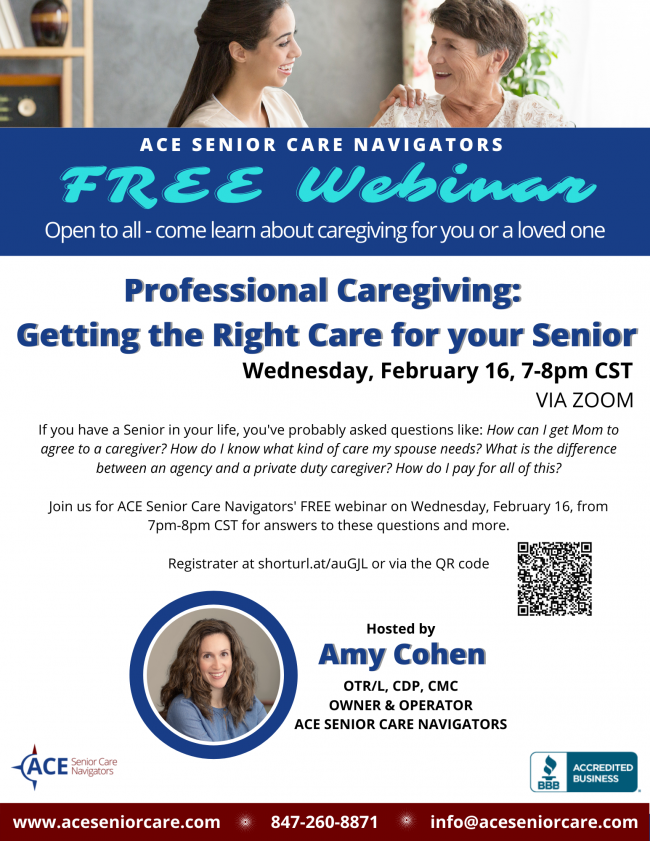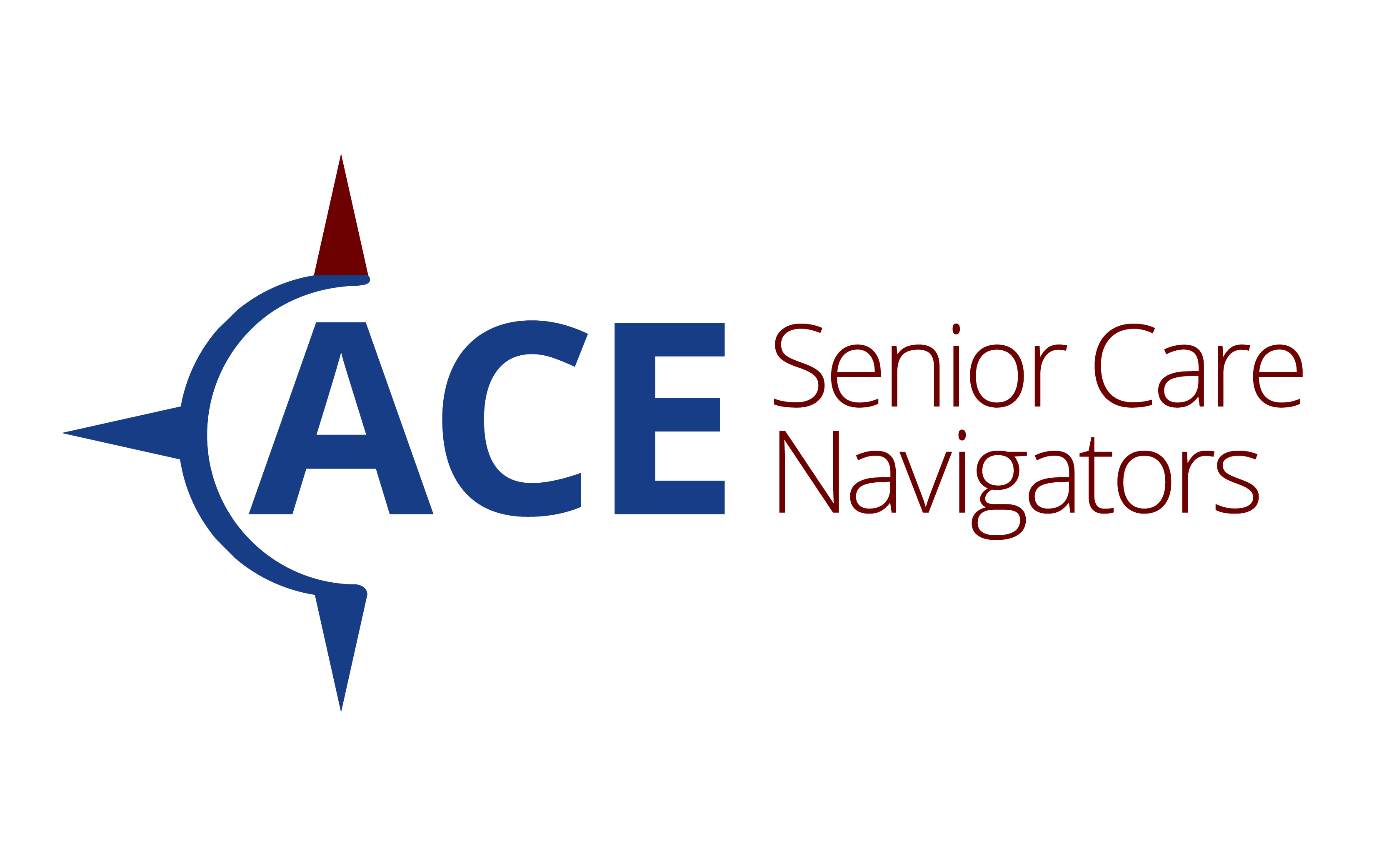“But Mom Doesn’t Want a Caregiver”

Do you know how many times we’ve gotten a call like this? “Mom is 82 years old, beginning stages of dementia, and she lives alone. She had a fall last week. And she is really looking forward to having a caregiver.”
Zero.
Instead, calls go like this: “Mom is 82 years old, beginning stages of dementia, and she lives alone. She had a fall last week. We know she needs a caregiver, but she is absolutely refusing. For years we’ve been trying to get her to have a caregiver and now it’s at the point where she definitely needs one. But we don’t know how to get her to let someone in the door.”
Oftentimes families feel that their Senior “just doesn’t understand” all of the challenges they are facing, and that surely if they “got” how dangerous it was to be without help they would agree to a caregiver.
But it doesn’t always work like that.
Why doesn’t my Senior want a caregiver?
At ACE, our goal is to help Seniors and families feel successful throughout the aging process. And admitting that something isn’t going well doesn’t really feel like success. Ryan Krueger of Home Instead shares that many Seniors are “not ready to admit they need someone.” “Seniors don’t like to have to rely on people,” says Diane Reier, of Assisting Hands. They’ve lived their life, they’re struggling with the changes, and they want to feel in control of their life.” Admitting you need help as the first step to solving a problem isn’t a new adage, but for Seniors who need a caregiver, that isn’t always the way to win them over.
Meeting your Senior’s needs
Krueger advocates for families doing some prep work before even talking to the Senior. “Strategize needs as specifically as possible. Consider safety risks and the time it may take to accomplish the tasks.” In other words, families need to figure out their caregiving priorities so they can be prepared to address them with their Senior.
Daniellah Salario, also of Assisting Hands stresses the importance of validating how older adults feel because, oftentimes, they don’t feel old. At ACE we talk with Seniors and families about taking a strengths-based approach to solving challenges. And strengths don’t just refer to what someone is good at. Strengths include things that are supportive and encouraging. Indeed, says Salario, “Learn what motivates them. Really hear your older adults, really listen. When they bring up a concern, you can’t always do something about it, but wouldn’t you want to be heard? I think we could practice really hearing that they might have a valid feeling.”
As urgent as the need can feel to bring a caregiver on board, it’s important to move at a pace that is comfortable for the Senior. “Introduce a caregiver with no strings attached,” says Krueger. “Letting a Senior talk to a caring professional caregiver has a way of shattering preconceived notions, especially when the homework has been done and they match the need.” Salario advises “giving them independence in the decision making process, trying to involve them as much as possible.”
Continuing support
Lastly, reinforce the positives of a caregiving relationship, outside of what your family feels are the reasons a caregiver is necessary. Reier stresses the paradigm shift in helping Seniors frame their view of a caregiver: “This is not about your incapacitation, this is about lifting you up and having you stay in a home you love.” In working with her team, Salario encourages them to consider the relationship as the most important element of their work. “We tell our caregivers: What is something you can do to make their day just a little bit better?” And above all, says Krueger, “[love] them through the process.” While families know that helping their Senior get used to a caregiver is coming from a place of love and support, it always helps to continue to show that to the Senior, even if the process is frustrating.
Many thanks to Ryan Krueger of Home Instead and Diane Reier and Daniellah Salario of Assisting Hands for your thoughtful contributions to this post. At ACE Senior Care Navigators, we help families at all stages of the caregiving process navigate this journey. Reach out any time to learn more about how we can help with getting your Senior the care they need in a way they – and you – feel good about.
PS If you’re interested in learning more about caregiving, we are hosting a FREE webinar, Professional Caregiving: Getting the Right Care for your Senior, on Wednesday. February 16, from 7-8pm CST. Check out the flier below, and register here: shorturl.at/auGJL




